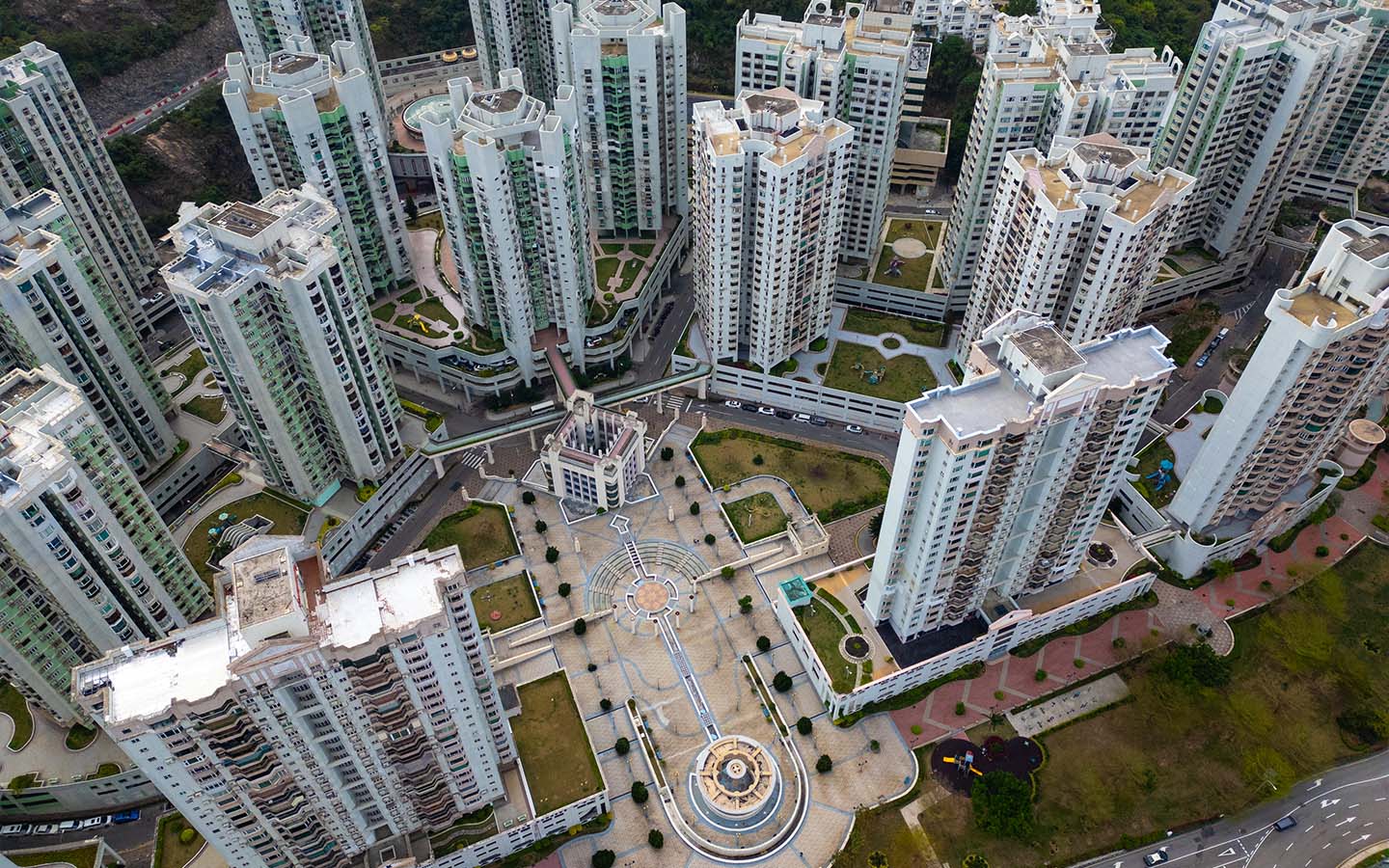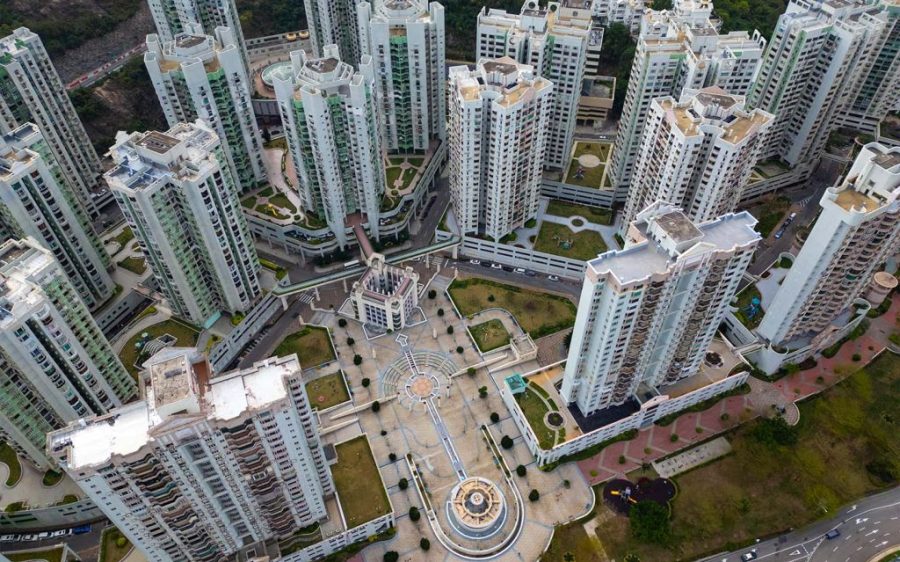Macao recorded 78 residential property transactions in the first half of May, down by 48 percent when compared to the 150 flats sold in the second half of April. That’s according to the latest stamp duty data from the Finance Services Bureau.
All three main localities experienced a decline in their sales between the last half of April and the initial half of May, with Taipa’s transactions falling by around 66 percent, from 117 to 66.
Sales in Coloane fell from 7 to 3 flats between the two periods. Meanwhile, the peninsula experienced a nearly 44 percent decline, with its transactions dipping from 117 to 66 homes.
The average square-metre price of a residential property also fell by 3.77 percent, dropping from 72,363 patacas (US$8,946) in the second half of April to 69,634 patacas (US$8,608) in the first half of May.
Taipa experienced the greatest price drop, with its total of 69,937 patacas (US$8,646) representing a decline of 9.66 percent month-on-month. This was followed by Coloane’s average of 90,755 patacas (US$11,219), which marked a decrease of 1.89 percent. As for the peninsula, its price hit 69,132 patacas (US$8,546), down by 0.253 percent.
[See more: Macao’s residential property price index continues to decline]
The current data reflects the ongoing downturn of Macao’s real estate sector, which has struggled to drive up sales and prices in recent years.
Last April, the SAR government dispensed with various property curbs in an attempt to stimulate the market. Despite this, the figures in the months since have dashed hopes of the industry making a swift return to form.
In February, Ung Choi Kun of the Association of Property Agents and Realty Developers of Macau called for the government to take action to help the property sector, which he said was operating in an “unfavourable” situation.
Mark Wong, the head of value and risk advisory at JLL in Macao, made a similar suggestion earlier this year, noting that the authorities should “reasonably” boost the loan-to-value ratio for private housing mortgages and introduce stimulus measures for the private property market.
According to the Global Property Guide, “Macao’s housing market remains weak, with falling prices, sluggish construction, and demand still well below pre-pandemic levels.”






